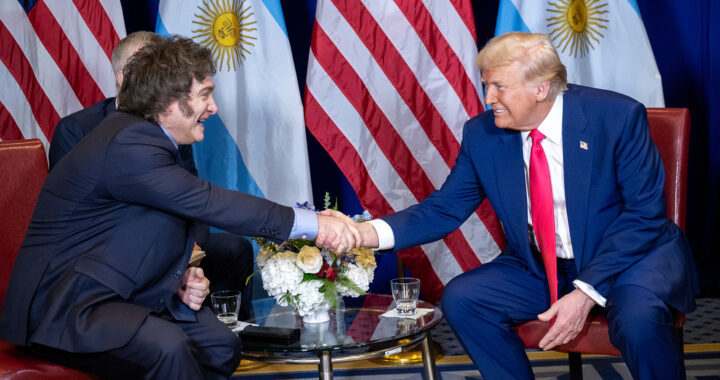United States Treasury Secretary Scott Bessent confirmed on 25 September 2025 that the Trump administration is negotiating a USD 20 billion swap line with Argentina. The plan, involving the U.S. Exchange Stabilization Fund, is designed to provide the Argentine central bank with liquidity support and stabilize the weakening peso.
Bessent emphasized that the U.S. Department of the Treasury is also prepared to purchase Argentine bonds denominated in United States dollars. These purchases could occur in both the primary market for new issuance and the secondary market. The purpose centers on directly helping lower borrowing costs and restore investor confidence.
The proposed measures include a standby credit facility that Argentina could access if financial stress escalates. This facility would be backed by the U.S. Exchange Stabilization Fund. Note that this reserve fund has been used historically for interventions during global financial instability. One prime example was the 1990s rescue of Mexico.
President Javier Milei, who maintains close ties with Trump, welcomed the initiative and expressed gratitude for U.S. support. Milei faces mounting economic challenges ahead of the October 2025 midterm elections in Argentina, where investor sentiment and currency stability are considered central to the administration’s political credibility.
U.S. officials linked the support to specific Argentine policy reforms. These include the lifting of tax holidays that previously benefited major commodity exporters. By addressing these distortions in foreign exchange markets, U.S. expects Argentina to demonstrate commitment to structural reforms in order to secure long-term financial stability.
The announcement immediately boosted Argentine debt prices in the market. The 2030 U.S. dollar bond notably climbed by more than two cents on the dollar. Markets interpreted the statement as a stable and definitive backstop that reduces fears of an imminent default and eases speculative pressure on the struggling Argentine peso.
Bessent stressed that private investment from U.S. firms may follow the example of the Treasury if electoral results in Argentina prove favorable. He noted that Washington has been in direct communication with U.S. firms seeking opportunities, but only under conditions of political stability and consistent adherence to reform commitments.
The arrangement risks creating dependency and exposes U.S. taxpayers to potential losses. There are also concerns over the fact that conditioning assistance to the election outcome in Argentina could appear as a form of foreign interference in domestic politics. This could undermine the legitimacy of the program and the Milei government.
Nevertheless, the Treasury argued that Argentina is a strategically vital ally in Latin America. By deploying robust financial instruments, the Trump administration hopes to prevent contagion from the crisis in Argentina spreading to broader emerging markets while simultaneously reinforcing U.S. influence against rivals such as China in the region.
